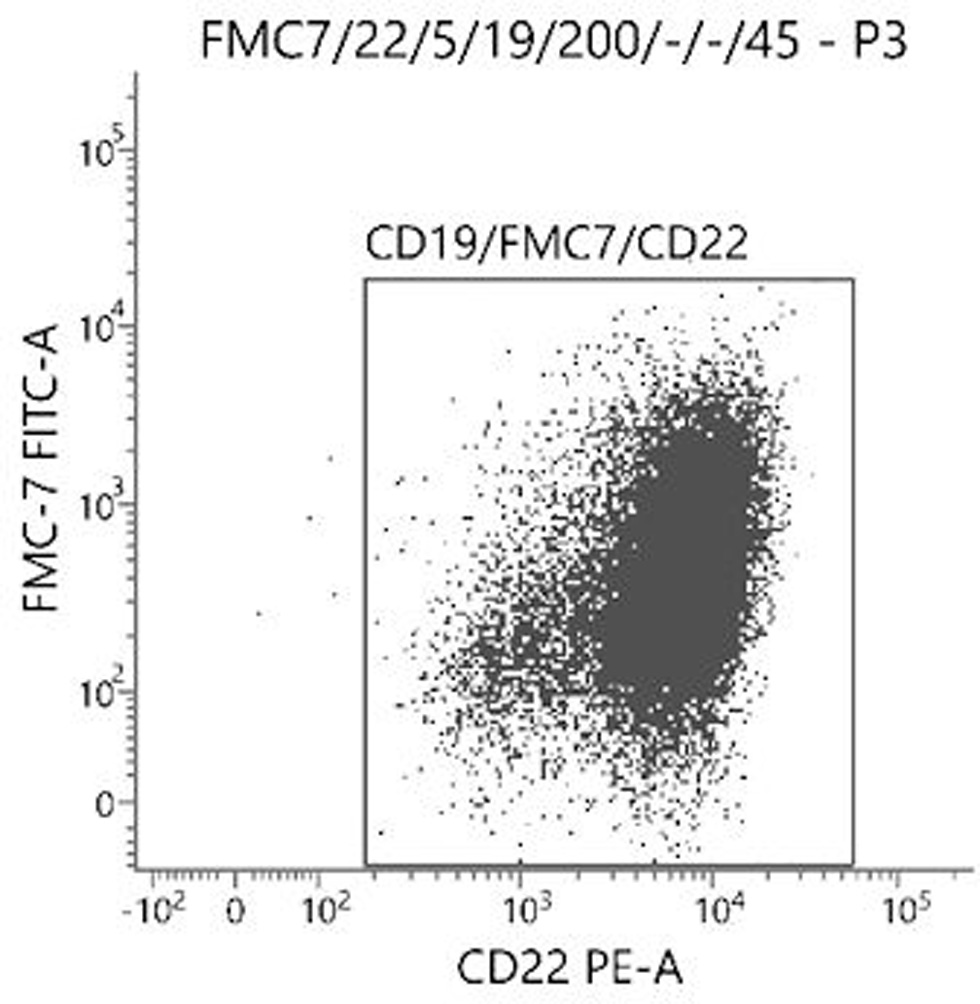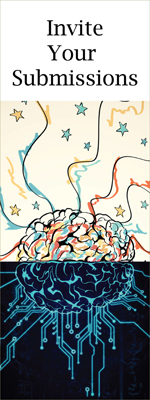Donor Cell-Derived Chronic Lymphocytic Leukemia Presenting After Allogenic Hematopoietic Stem Cell Transplantation for Acute Myeloid Leukemia
DOI:
https://doi.org/10.14740/jh2022Keywords:
Donor cell-derived leukemia, Allogenic hematopoietic stem cell transplantation, Chronic lymphocytic leukemiaAbstract
Allogeneic hematopoietic stem cell transplantation (HSCT) is a curative approach for many hematologic disorders, and donor cell leukemia (DCL) remains a complication rarely observed after HSCT. The number of reported cases of DCL slightly exceeds 100, with acute myeloid leukemia (AML) being the most common type. To date, only a few cases of chronic lymphocytic leukemia (CLL) emerging from donor cells have been described in the literature. Here, we report two cases of CLL of donor origin, which emerged in patients after HSCT for AML. In the reported cases, patients maintained complete remission of AML after HSCT. Both donors were free of CLL before transplantation. Several years after HSCT (9 and 3 years, respectively), lymphocytosis with proven B-cell clonality was detected in recipients prompting a detailed blood analysis to be performed also in donors. CLL population was demonstrated in both cases. The first donor-recipient pair did not meet criteria for CLL treatment and eventually died from causes not related to underlying hematologic malignancy. The second couple received Bruton’s tyrosine kinase inhibitors with good disease control. The presented cases raise the question of possible clonal evolution of B-lymphocytes in donor-origin cells. Prospective screening of potential donors for pre-malignant alterations remains a matter of discussion.

Published
Issue
Section
License
Copyright (c) 2025 The authors

This work is licensed under a Creative Commons Attribution-NonCommercial 4.0 International License.








